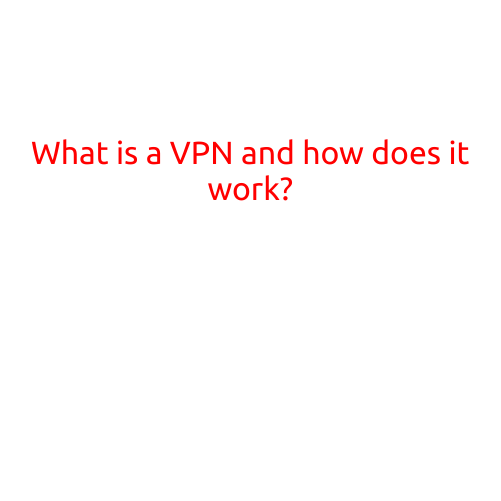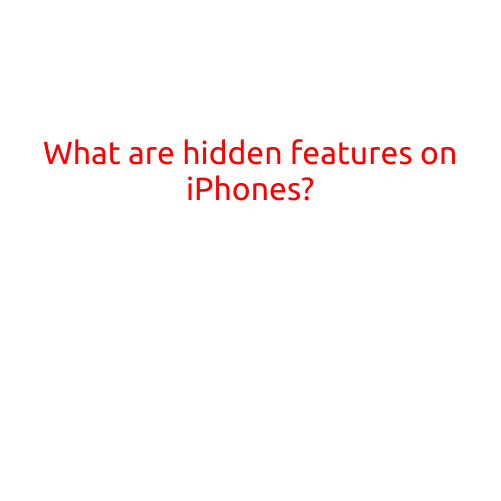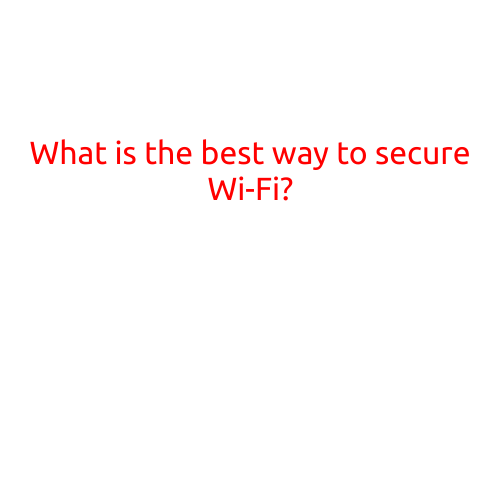
What is a VPN and how does it work?
In today’s digital age, online security and privacy have become top concerns for many individuals. With the constant threat of cyber attacks, data breaches, and surveillance, it’s becoming increasingly important to protect our online activities. One effective way to achieve this is by using a Virtual Private Network, commonly known as a VPN.
What is a VPN?
A VPN is a service that creates a secure and encrypted connection between your device and the internet. It works by routing your internet traffic through a VPN server, which acts as an intermediary between your device and the websites you visit. This way, all your online activities are hidden from your internet service provider (ISP), and even from the websites you visit.
How does a VPN work?
Here’s a step-by-step explanation of how a VPN works:
- User installs VPN software: You download and install VPN software on your device (computer, smartphone, tablet, etc.).
- User selects a server location: You choose a VPN server location, which can be anywhere in the world.
- VPN software establishes a connection: The VPN software establishes a secure and encrypted connection with the chosen VPN server.
- Internet traffic is routed: All your internet traffic is routed through the VPN server, rather than going directly to the destination website.
- Data is encrypted: The VPN software encrypts your data, making it unreadable to anyone who might intercept it.
- Data is decrypted at the destination: When the encrypted data reaches the VPN server, it’s decrypted and sent to the destination website.
- Response data is encrypted: The response data from the website is then encrypted and sent back to your device through the VPN server.
- Data is decrypted on the device: The encrypted data is decrypted on your device, and you can access the website as usual.
Benefits of using a VPN
Using a VPN has several benefits, including:
- Enhanced online security: A VPN encrypts your data, making it difficult for hackers to intercept and steal your information.
- Improved privacy: A VPN hides your IP address and location, making it difficult for websites and ISPs to track your online activities.
- Access to geo-restricted content: VPNs allow you to access content that’s restricted to specific regions or countries.
- Increased anonymity: A VPN makes it difficult for authorities and websites to track your online activities.
Conclusion
In conclusion, a VPN is a powerful tool that provides enhanced online security, privacy, and anonymity. By routing your internet traffic through a VPN server, you can protect your data and maintain your online freedom. Whether you’re concerned about online security, want to access geo-restricted content, or simply want to maintain your online privacy, a VPN is an excellent choice.





